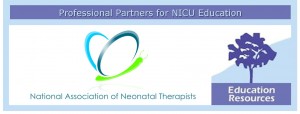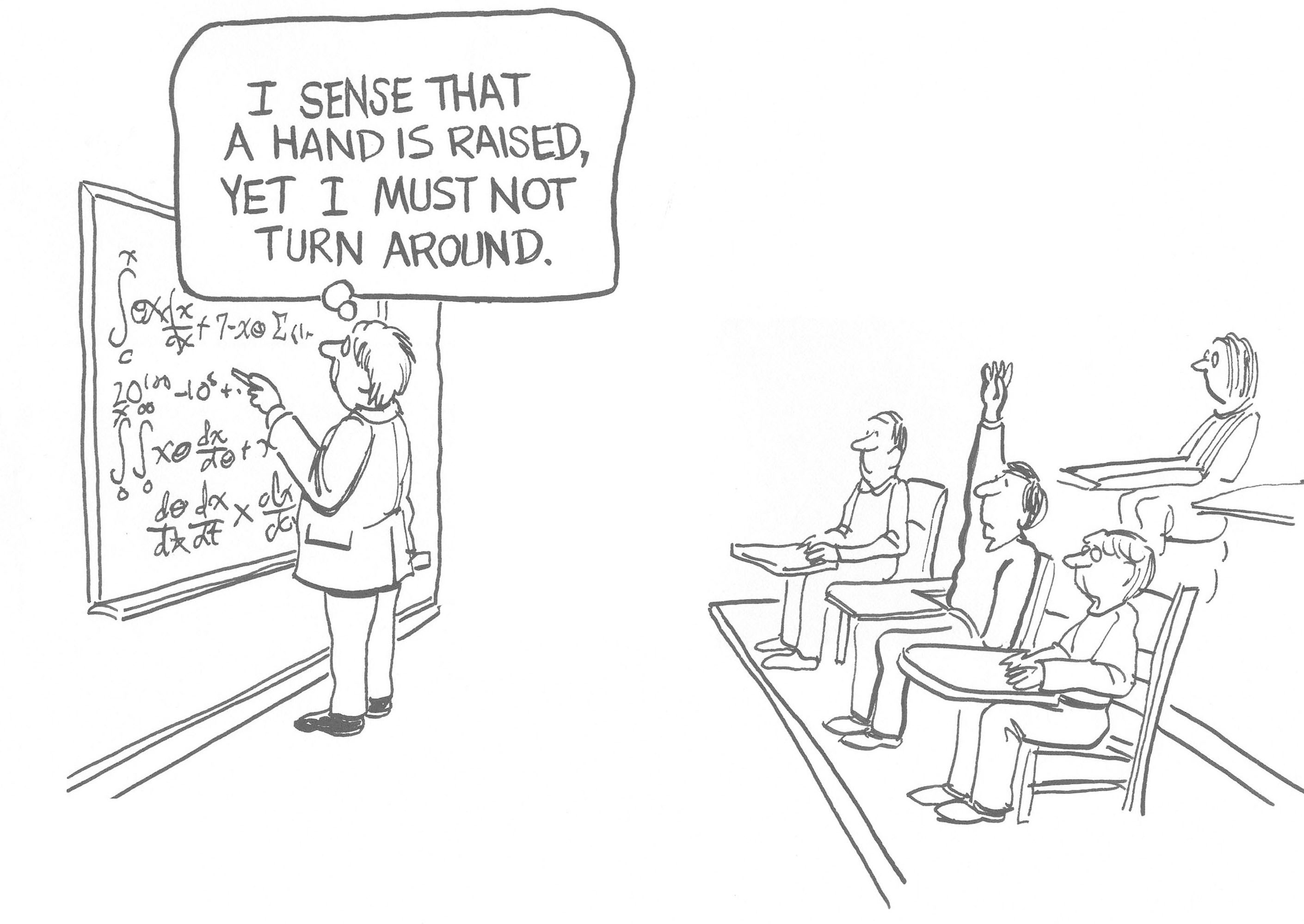
Initiated 4 years ago by NANT, this week honors the world’s occupational therapists (OTs), physical therapists (PTs) and speech language pathologists (SLPs) who have chosen to focus their efforts and talents on supporting infants and families in the NICU.
To kick off this week we will be posting daily clinical challenges, questions and thoughts from our community of Neonatal Therapists.
We would welcome all comments, advice and suggestions, or please do post your own clinical challenges – we would love to share them!
Today’s Challenge Question (a reposting):
I am looking for a more detailed assessment that I can use with our 35-36 week preterms which I screen for development and feeding. I am happy with my assessment of neonatal reflexes, posture, tone and feeding, but feel that my sensory assessment is too general, especially in regard to visual function.
My second question is in regard to the Prechtl training. Could you give us your opinion on whether this is worth the investment and also if there are components of the assessment that would be accessible to those who cannot afford this training but would like to be able to identify at risk infants?
Lastly, as all NICU therapist’s know, there are often restrictions in this setting for the amount of time a neonate is alert and active without heading toward the point of no return, so if you have opinions on what parts of the developmental screening that are most pertinent to look at or vice versa, what parts are not as pertinent, ie, parts that can be sacrificed when time is of the essence, please advise. In these cases, I usually look at tone and feeding and postpone the reflex and sensory portion of the evaluation.
What are your thoughts?
Thanks!
Randi MS, OTR/L
Please leave your reply below.
The National Association of Neonatal Therapists (NANT) and Education Resources, Inc. are proud partners, strengthening the quality and accessibility of continuing education for neonatal therapists.
 ]]>
]]>



 Kathryn Biel[/caption]
Kathryn Biel[/caption]
